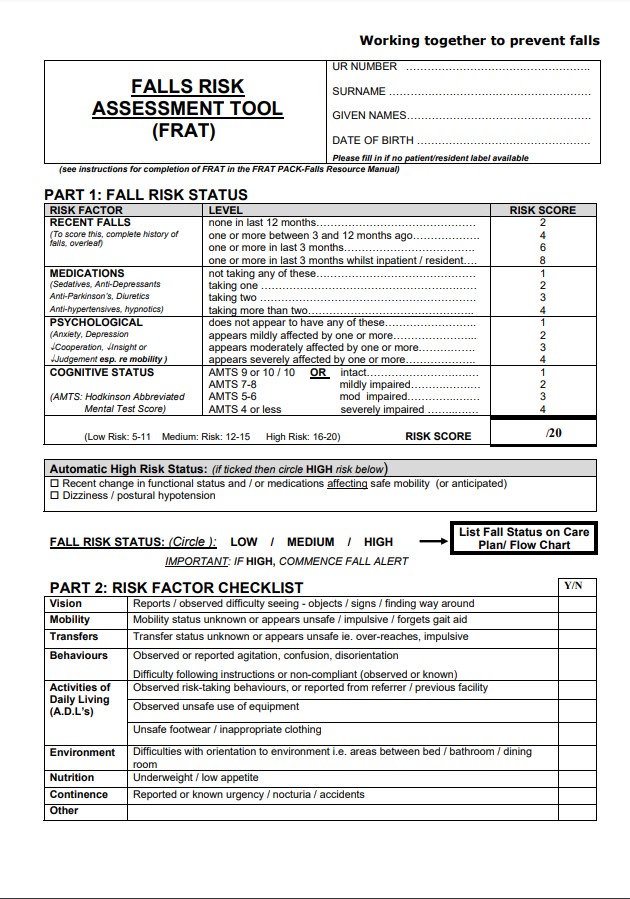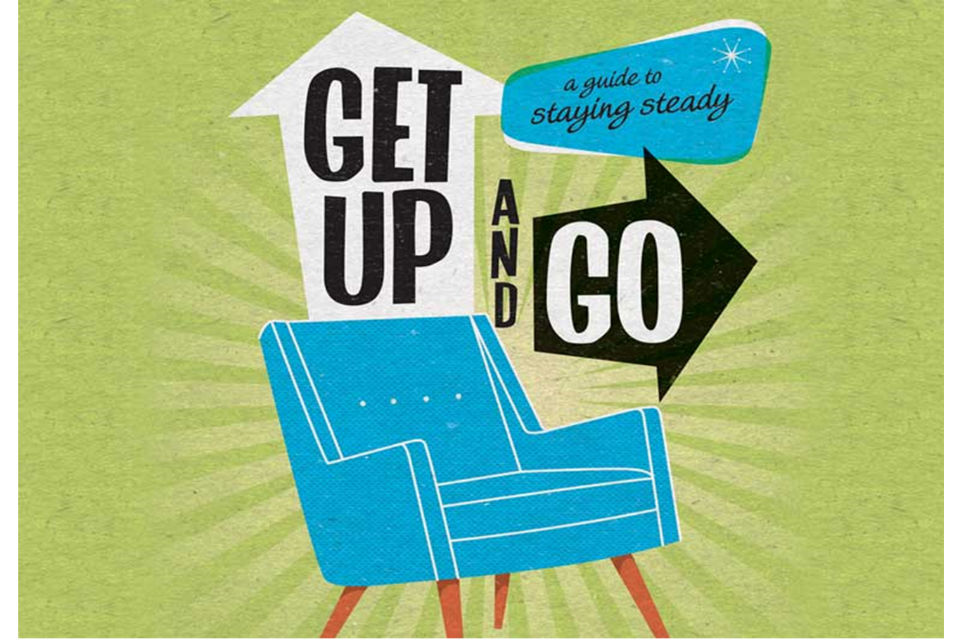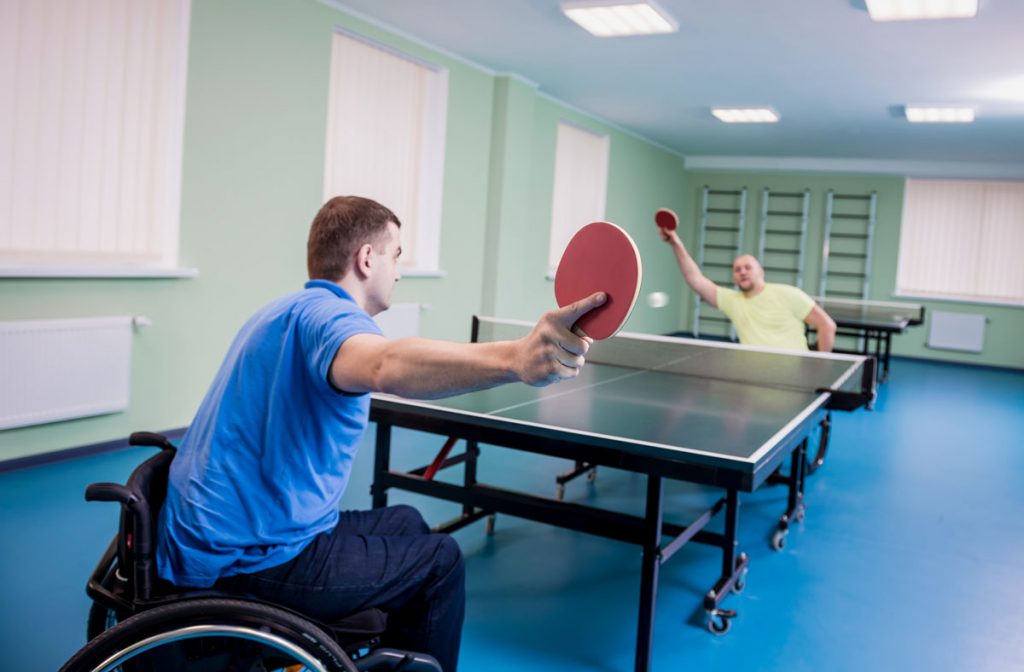Dementia Fall Risk - An Overview
Wiki Article
The smart Trick of Dementia Fall Risk That Nobody is Discussing
Table of ContentsSome Ideas on Dementia Fall Risk You Should KnowTop Guidelines Of Dementia Fall RiskIndicators on Dementia Fall Risk You Need To KnowFascination About Dementia Fall Risk
An autumn threat analysis checks to see exactly how likely it is that you will fall. The assessment usually includes: This consists of a series of inquiries concerning your general health and wellness and if you've had previous drops or issues with equilibrium, standing, and/or strolling.STEADI consists of screening, evaluating, and treatment. Treatments are recommendations that may decrease your danger of falling. STEADI consists of 3 actions: you for your danger of dropping for your risk elements that can be boosted to attempt to avoid falls (for example, equilibrium issues, damaged vision) to reduce your danger of dropping by using reliable techniques (as an example, supplying education and learning and resources), you may be asked numerous inquiries including: Have you fallen in the past year? Do you feel unstable when standing or walking? Are you fretted about dropping?, your supplier will certainly test your toughness, balance, and stride, making use of the adhering to loss evaluation devices: This examination checks your gait.
If it takes you 12 secs or more, it might imply you are at greater danger for a loss. This examination checks toughness and balance.
The settings will get more challenging as you go. Stand with your feet side-by-side. Move one foot midway ahead, so the instep is touching the huge toe of your various other foot. Move one foot completely before the other, so the toes are touching the heel of your other foot.
3 Simple Techniques For Dementia Fall Risk
Most falls take place as a result of numerous adding factors; therefore, taking care of the danger of dropping starts with recognizing the aspects that add to drop danger - Dementia Fall Risk. Some of one of the most pertinent danger aspects consist of: Background of prior fallsChronic medical conditionsAcute illnessImpaired gait and equilibrium, lower extremity weaknessCognitive impairmentChanges in visionCertain high-risk medicines and polypharmacyEnvironmental factors can additionally raise the risk for drops, consisting of: Inadequate lightingUneven or harmed flooringWet or slippery floorsMissing or harmed hand rails and get barsDamaged or incorrectly fitted tools, such as beds, wheelchairs, or walkersImproper use of assistive devicesInadequate guidance of the individuals staying in the NF, including those who exhibit hostile behaviorsA successful loss risk management program needs a complete professional assessment, with input from all participants of the interdisciplinary group

The care strategy should additionally include interventions that are system-based, such as those that advertise a risk-free atmosphere (proper lights, hand rails, get hold of bars, etc). The performance of the treatments should be assessed occasionally, and the treatment plan changed as needed to show changes in the loss threat analysis. Carrying out an autumn risk management system using evidence-based ideal practice can minimize the occurrence of falls in the NF, while limiting the possibility for fall-related injuries.
Dementia Fall Risk - The Facts
The AGS/BGS guideline suggests evaluating all grownups matured 65 years and older for loss danger yearly. This screening contains asking people whether they have actually fallen 2 or even more times in the previous year or looked for clinical attention for a fall, or, if they have actually not fallen, whether they really feel unsteady when strolling.People that have actually fallen as soon as without injury needs to have their equilibrium and stride assessed; those with stride or balance irregularities should get added evaluation. A background of 1 loss without injury and without stride or balance issues does not necessitate more evaluation past ongoing yearly loss threat screening. Dementia Fall Risk. A fall risk analysis is required as component of the Welcome to Medicare exam

10 Simple Techniques For Dementia Fall Risk
Recording a falls background is one of the top quality indicators for fall avoidance and administration. A crucial part of risk analysis is a medication review. Check Out Your URL Several courses of medications boost autumn danger (Table 2). copyright medicines particularly are independent forecasters of drops. These drugs tend to be sedating, modify the sensorium, and impair equilibrium and stride.Postural hypotension can commonly be relieved by reducing the dose of blood pressurelowering medicines and/or stopping drugs that have orthostatic hypotension as a side effect. Use above-the-knee assistance tube and sleeping with the head of the bed raised may also reduce postural decreases in high blood pressure. The preferred elements of a fall-focused physical exam are received Box 1.

A TUG time greater than or equivalent to 12 seconds suggests high loss threat. The 30-Second Chair Stand examination evaluates reduced extremity stamina and equilibrium. Being incapable to stand from a chair of knee elevation without using one's arms shows raised loss risk. The 4-Stage Balance examination examines static balance by having the client stand in 4 placements, each progressively extra difficult.
Report this wiki page